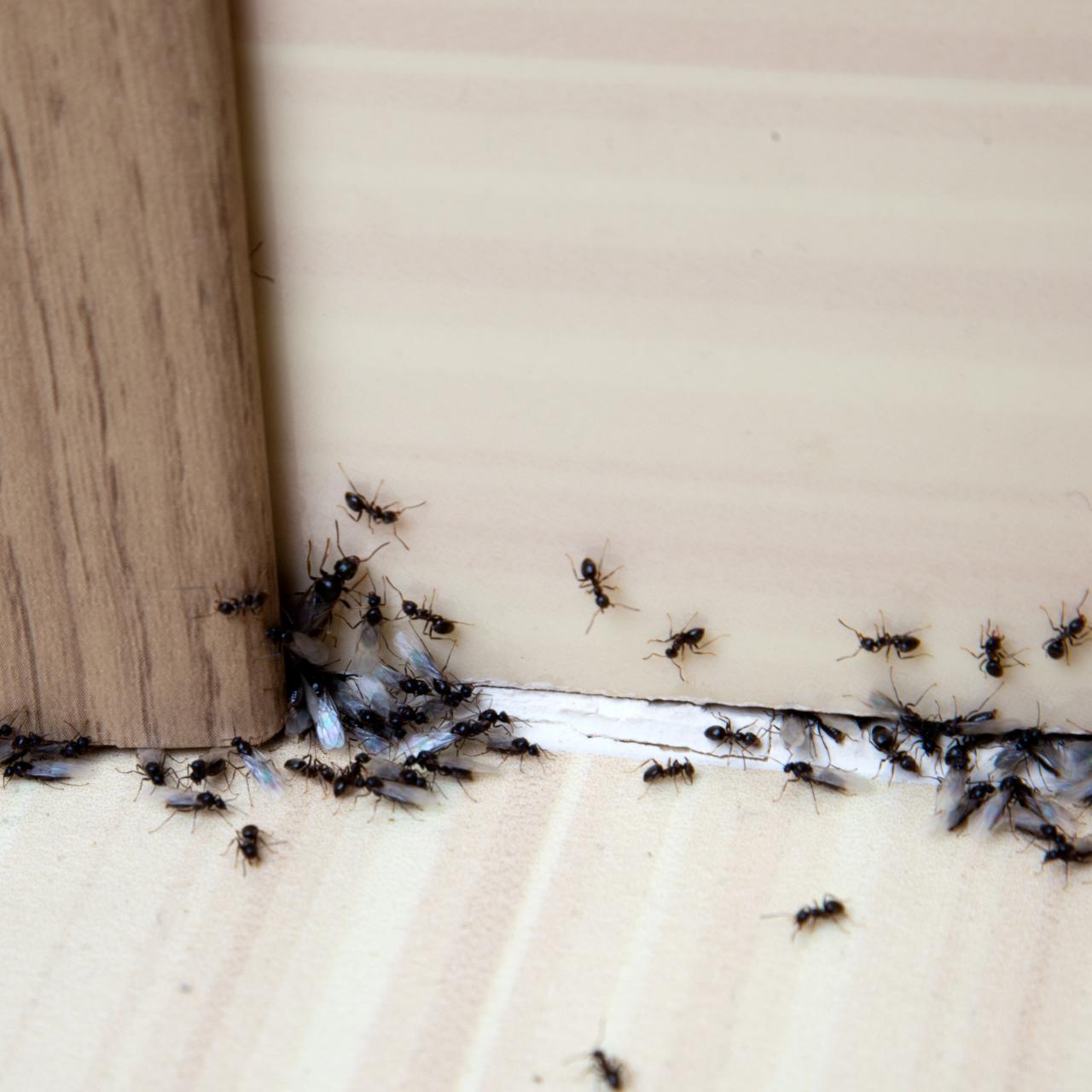

Articles
How To Get Rid Of Ants On Kitchen Countertops
Modified: December 7, 2023
Learn effective ways to eliminate ants on your kitchen countertops with these helpful articles. Safely remove unwanted ants and keep your kitchen clean and pest-free.
(Many of the links in this article redirect to a specific reviewed product. Your purchase of these products through affiliate links helps to generate commission for Storables.com, at no extra cost. Learn more)
Introduction
Having ants on your kitchen countertops can be a frustrating and unsightly problem. These tiny creatures can infiltrate your food preparation areas, contaminate your food, and even cause damage to your kitchen. Dealing with ant infestations requires patience, persistence, and knowledge of effective methods to eradicate them.
In this article, we will explore the various steps you can take to get rid of ants on your kitchen countertops. From understanding the different species of ants to implementing preventative measures, as well as utilizing natural remedies and commercial ant baits, we will cover all the essential information you need to keep your countertops ant-free.
So, if you are tired of seeing those pesky ants invading your kitchen space, let’s dive right into the steps you can take to reclaim your countertops and maintain a clean and ant-free environment.
Key Takeaways:
- Understanding the specific ant species infesting your kitchen is crucial for effective elimination. Identifying their habits and preferences allows for targeted methods, ensuring a successful and long-term solution.
- Implementing preventative measures such as regular cleaning, proper food storage, and sealing entry points is essential for keeping kitchen countertops ant-free. Consistent maintenance creates an environment less attractive to ants, minimizing the risk of infestation.
Read more: How To Get Rid Of Ants On Porch
Understanding Ant Infestations
Before diving into the methods to eliminate ants from your kitchen countertops, it is crucial to understand the nature of ant infestations. Ants are social insects that live in colonies, with each colony consisting of thousands or even millions of individual ants. They are constantly in search of food, water, and shelter, and your kitchen countertops provide all of these necessities.
Ants are attracted to crumbs, sticky spills, and food residue that may be present on your countertops. Once a few ants discover a food source, they leave behind a scent trail for their fellow colony members to follow. This is why you often see ants marching in a line, seemingly coming from nowhere.
It is important to note that not all ants are the same. There are various species of ants that can infest your kitchen, including sugar ants, carpenter ants, and pharaoh ants, to name a few. Each species has its own characteristics, nesting habits, and food preferences.
Identifying the specific ant species infesting your kitchen is crucial in determining the most effective method of elimination. By understanding their behavior and habits, you can tailor your approach to effectively eliminate them.
If you are unsure about the species of ants infesting your kitchen, you can consult a pest control professional who can identify the ants and provide targeted solutions to eliminate them.
Now that we have a basic understanding of ant infestations, it is time to move on to the next step: identifying the specific ant species that have made their way onto your kitchen countertops.
Identifying Ant Species
When it comes to dealing with ant infestations, identifying the species of ants that have invaded your kitchen countertops is essential. Different ant species have different habits, preferences, and nesting behaviors. By correctly identifying the ant species, you can employ targeted methods to eliminate them more effectively.
Here are some common ant species that you may encounter in your kitchen:
- Sugar ants: Also known as odorous house ants, sugar ants are attracted to sweet foods. They leave a distinct, musty odor when crushed.
- Carpenter ants: These ants are larger in size and are often drawn to damp, decaying wood. They can cause structural damage to your kitchen if left unchecked.
- Pharaoh ants: These tiny ants, often found near warm and moist areas, are drawn to greasy and high-protein foods.
- Fire ants: Known for their painful bites, fire ants can be dangerous if they have infiltrated your kitchen. They prefer warm and dry environments.
Identifying the ant species can help narrow down the possible reasons for their presence in your kitchen. For example, sugar ants may indicate a spill or leftover food attracting them, while carpenter ants may suggest a moisture issue or wood damage.
To identify the ant species, carefully observe their physical characteristics, behavior, and nesting patterns. Take note of their size, color, and any distinct features such as trails, colonies, or nests. You can also try capturing a few ants in a container to show to a pest control professional or do your own research to determine the species.
Once you have successfully identified the ant species, you can move on to implementing prevention and maintenance measures to keep them away from your kitchen countertops.
Prevention and Maintenance Measures
When it comes to dealing with ant infestations on kitchen countertops, prevention is key. By implementing effective prevention and maintenance measures, you can minimize the risk of ants invading your kitchen space in the first place.
Here are some essential prevention and maintenance measures to keep your kitchen countertops ant-free:
- Keep your countertops clean: Clean your countertops regularly to eliminate any food crumbs, spills, or sticky residue that could attract ants. Wipe down the surfaces with a mild detergent and water solution.
- Seal food containers: Store your food in sealed containers to prevent ants from accessing it. Make sure containers are airtight to keep the scent of food contained.
- Empty trash regularly: Dispose of your garbage regularly and ensure that trash cans have secure lids to prevent ants from feasting on discarded food.
- Fix leaking pipes or faucets: Moisture attracts ants, so repair any plumbing issues that may be causing excess moisture in your kitchen.
- Seal entry points: Inspect your kitchen for potential entry points where ants can get in. Seal cracks, gaps, and crevices using caulk or weatherstripping.
- Remove ant trails: If you notice ants marching in a trail, wipe it away with a vinegar and water solution to disrupt their scent trails.
- Trim vegetation: Trim branches and vegetation near your kitchen as they can serve as bridges for ants to access your countertops.
By consistently practicing these prevention and maintenance measures, you can create an environment that is less attractive to ants and reduce the chances of infestation.
However, if despite your best efforts, ants still manage to invade your kitchen countertops, it’s time to explore natural methods to eliminate them.
To get rid of ants on kitchen countertops, mix equal parts of white vinegar and water in a spray bottle and spray the affected areas. The strong scent of vinegar will deter ants from returning.
Natural Methods to Eliminate Ants
If you prefer to use natural, chemical-free methods to get rid of ants on your kitchen countertops, there are several effective remedies you can try. These natural solutions are safe for you, your family, and the environment. Here are some natural methods to eliminate ants:
- Vinegar: Create a solution of equal parts vinegar and water and spray it directly on ants or ant trails. The strong scent of vinegar disrupts their communication and repels them.
- Lemon juice: The acidic nature of lemon juice acts as a natural ant deterrent. Squeeze fresh lemon juice near entry points or on ant trails to discourage them from entering your kitchen.
- Peppermint oil: Ants dislike the smell of peppermint. Mix a few drops of peppermint essential oil with water and spray it on countertops, entry points, or ant-infested areas to repel them.
- Baking soda: Create a mixture of baking soda and powdered sugar, and place it near ant trails or entry points. The ants will be attracted to the sugar but will be killed by the baking soda, which disrupts their digestive system.
- Cinnamon: Sprinkle cinnamon powder near ant-infested areas or on countertops to deter ants. The strong scent of cinnamon disrupts their scent trails.
- Diatomaceous earth: This natural powder made from fossilized remains of microscopic algae is abrasive to ants’ exoskeletons. Sprinkle it near ant entry points or on countertops to eliminate ants.
Remember to reapply these natural remedies periodically, especially after cleaning your countertops or if you notice ants returning.
While natural methods can be effective, they may not completely eliminate an extensive ant infestation. In such cases, using commercial ant baits and traps can be a more efficient solution.
Read more: How To Get Rid Of Ants In Pantry
Using Commercial Ant Baits and Traps
If natural remedies don’t provide satisfactory results or if you’re dealing with a persistent ant infestation on your kitchen countertops, using commercial ant baits and traps can be a practical solution. These products are designed to attract ants, lure them into the bait or trap, and eliminate the entire colony.
Here are the steps to effectively use commercial ant baits and traps:
1. Select the right product: Look for ant baits or traps that are specifically designed for the type of ants infesting your kitchen. Different species may require different formulations or attractants.
2. Place the baits or traps strategically: Locate the areas where ants are most active, such as along their trails or near entry points. Place the baits or traps in these areas, ensuring they are easily accessible to the ants.
3. Follow the instructions: Read and follow the instructions provided with the commercial ant bait or trap carefully. This includes the recommended placement, frequency of replacement, and any safety precautions.
4. Monitor and replenish: Keep an eye on the baits or traps to see if ants are being attracted to them. If the bait becomes depleted or no longer attracts ants, replace it with a fresh one to maintain effectiveness.
5. Be patient: It may take some time for the ant bait or trap to work effectively. The ants need to take the bait back to their colony, which may result in a gradual decline in ant activity over time.
6. Dispose of the traps properly: Once the ant infestation is under control, dispose of the used traps according to the manufacturer’s instructions. This helps prevent accidental re-infestations.
Commercial ant baits and traps are generally considered safe to use in the kitchen, but it’s always wise to keep them out of the reach of children and pets. If you have any concerns, consult the product label or contact the manufacturer for further guidance.
In some cases, a severe or persistent ant infestation may require professional assistance.
Seeking Professional Help
While DIY methods can be effective for minor ant infestations on kitchen countertops, severe or recurring infestations may require the expertise of a pest control professional. These professionals have the knowledge, experience, and specialized tools to handle complex ant problems, ensuring long-term solutions.
Here are some situations where seeking professional help is recommended:
- Persistent infestations: If you’ve tried multiple methods but the ant problem persists or keeps coming back, it may be an indication of a larger underlying issue. A professional can identify the cause and implement appropriate treatments.
- Allergies or health concerns: Some individuals may have allergies or health conditions that make it unsafe to handle ant infestations on their own. Professionals can take necessary precautions and use safe methods to protect your health.
- Structural damage: Certain ant species, like carpenter ants, can cause structural damage to your kitchen. If you suspect such damage, it’s important to have a professional assess the situation and provide a solution that addresses both the infestation and the structural issue.
- Large infestations: If the ant infestation on your countertops is extensive, with a significant number of ants or multiple colonies, a professional can efficiently target and eliminate the problem, preventing further spread.
When hiring a pest control professional, consider the following:
- Research and recommendations: Look for reputable pest control companies with positive reviews and recommendations from friends, family, or neighbors who have faced similar ant infestations.
- Experience and expertise: Ensure the professionals have experience in dealing specifically with ant infestations and are knowledgeable about the habits and behaviors of different ant species.
- Free inspection and consultation: Many pest control companies offer free inspections and consultations. Take advantage of this to get an assessment of the severity of the infestation and understand the proposed treatment plan.
- Safe and eco-friendly practices: Inquire about the methods and products used by the professionals to ensure they align with your preferences for environmentally friendly solutions.
- Cost and warranty: Discuss the cost of the services, any warranties or guarantees offered, and the specifics of what the treatment plan includes.
By seeking professional help, you can have peace of mind knowing that experts are handling the ant infestation professionally, ensuring its effective eradication and minimizing the risk of recurrence.
Conclusion
Dealing with ants on kitchen countertops can be a frustrating experience, but with the right knowledge and techniques, you can successfully eliminate them and prevent future infestations. Understanding the nature of ant infestations, identifying the specific ant species, and implementing prevention and maintenance measures are essential steps in keeping your countertops ant-free.
Whether you choose to use natural remedies or opt for commercial ant baits and traps, there are various methods available to eliminate ants effectively. Natural solutions such as vinegar, lemon juice, peppermint oil, baking soda, cinnamon, and diatomaceous earth can help repel and eradicate ants in a safe and eco-friendly manner.
If natural remedies or DIY methods do not provide satisfactory results, seeking the assistance of a pest control professional is recommended, especially for severe or recurring infestations. They have the expertise and tools to handle complex ant problems and provide long-term solutions tailored to your specific situation.
Remember, prevention is key to keeping ants off your kitchen countertops. Regular cleaning, proper food storage, sealing entry points, and addressing moisture issues are crucial in creating an environment that is less attractive to ants.
By implementing the methods and techniques outlined in this article, you can reclaim your kitchen countertops and maintain an ant-free environment. Stay vigilant, address any signs of infestation promptly, and enjoy a clean and pest-free kitchen for years to come.
Frequently Asked Questions about How To Get Rid Of Ants On Kitchen Countertops
Was this page helpful?
At Storables.com, we guarantee accurate and reliable information. Our content, validated by Expert Board Contributors, is crafted following stringent Editorial Policies. We're committed to providing you with well-researched, expert-backed insights for all your informational needs.
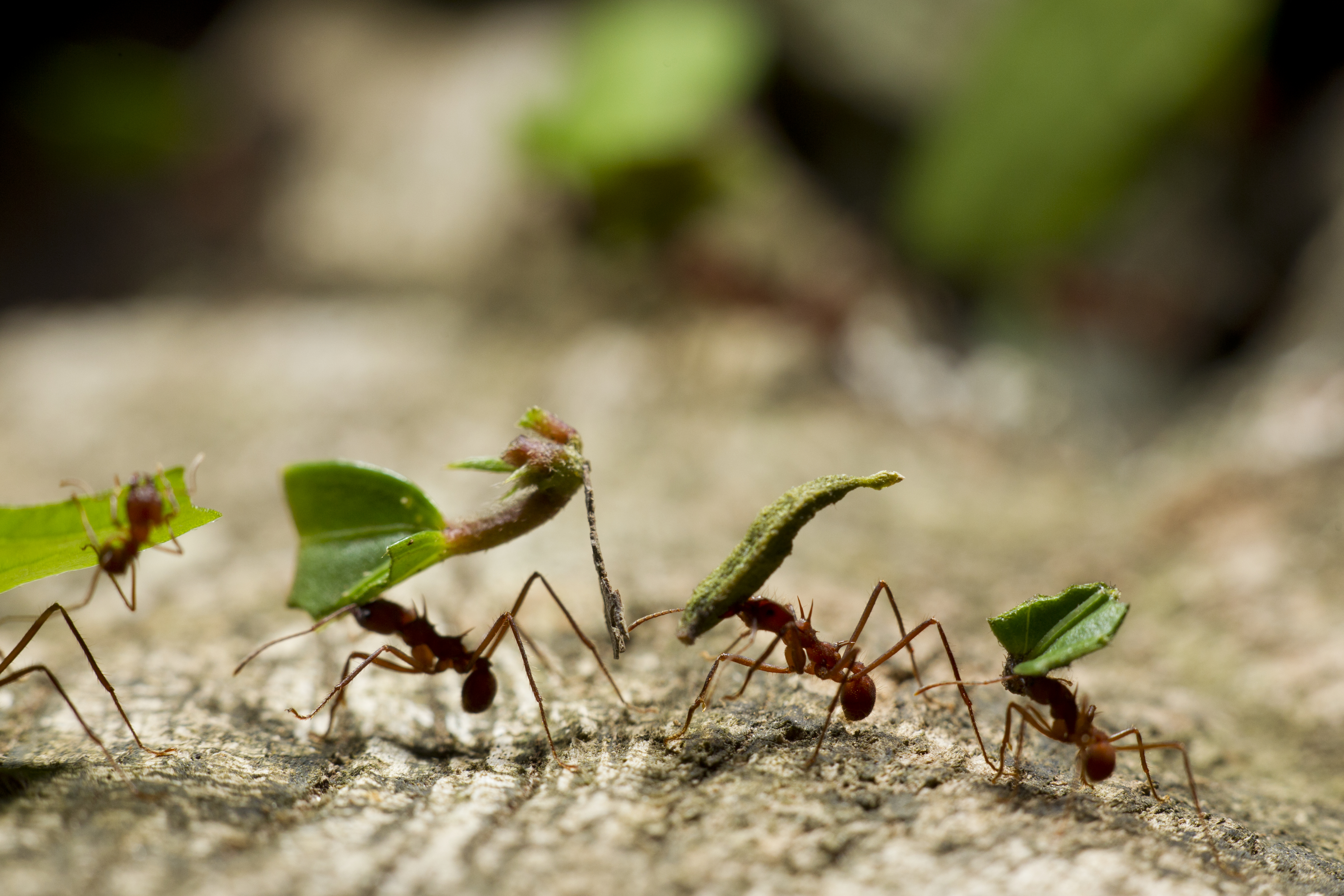
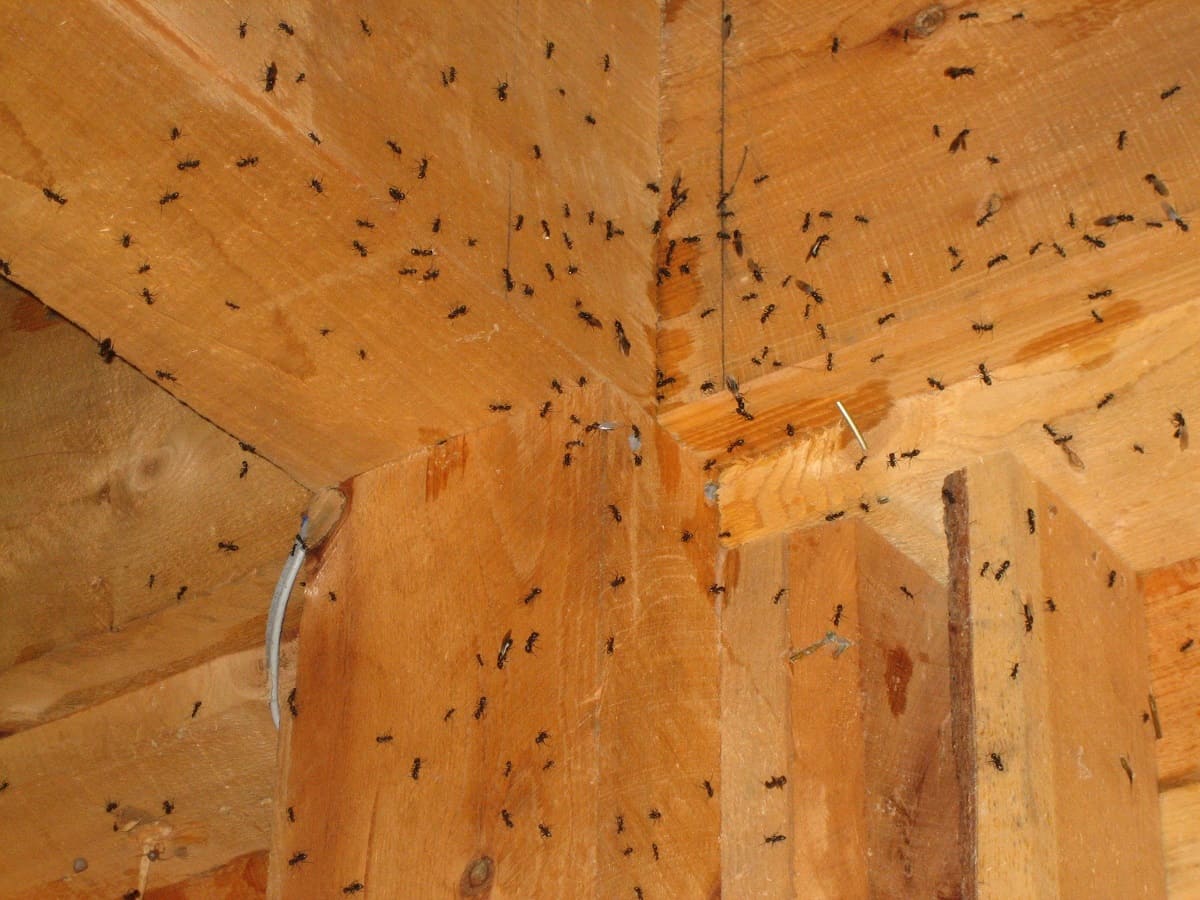
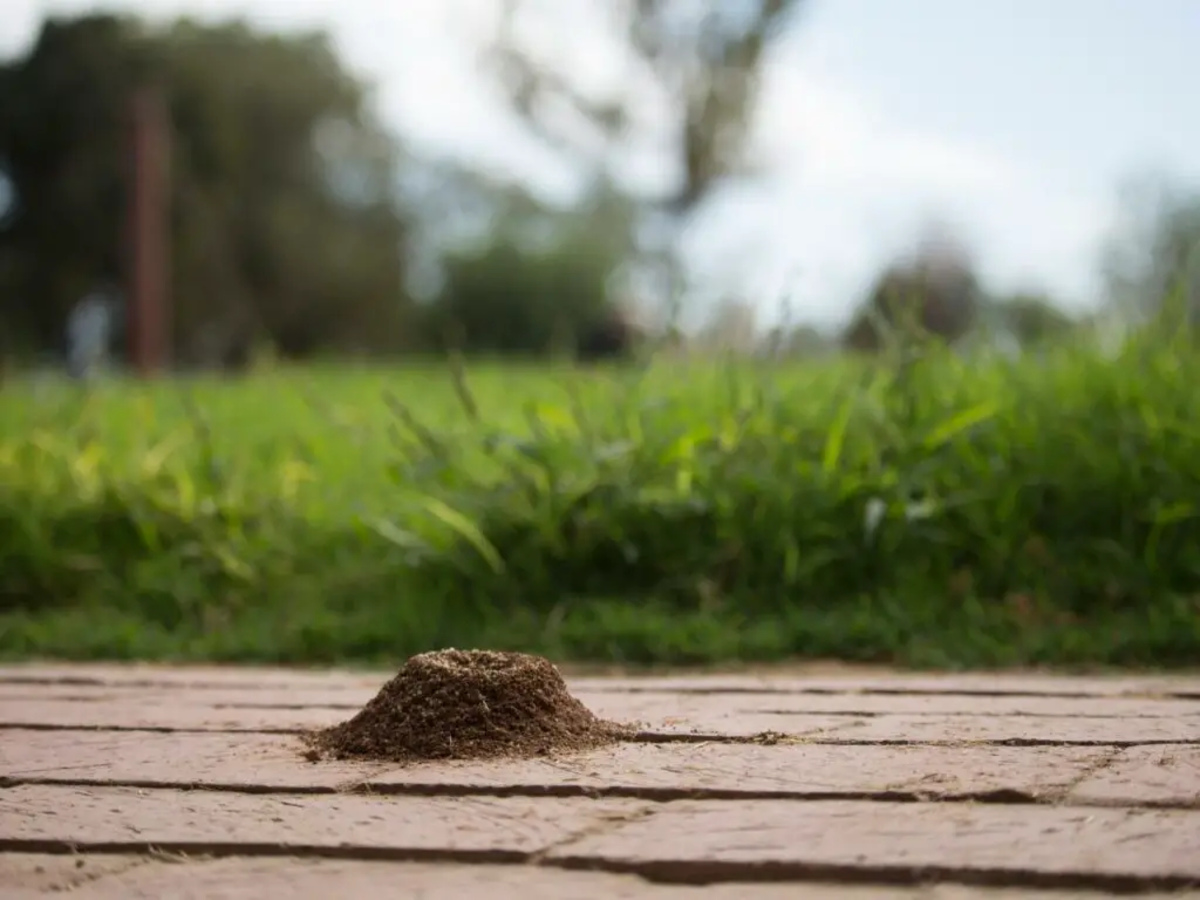
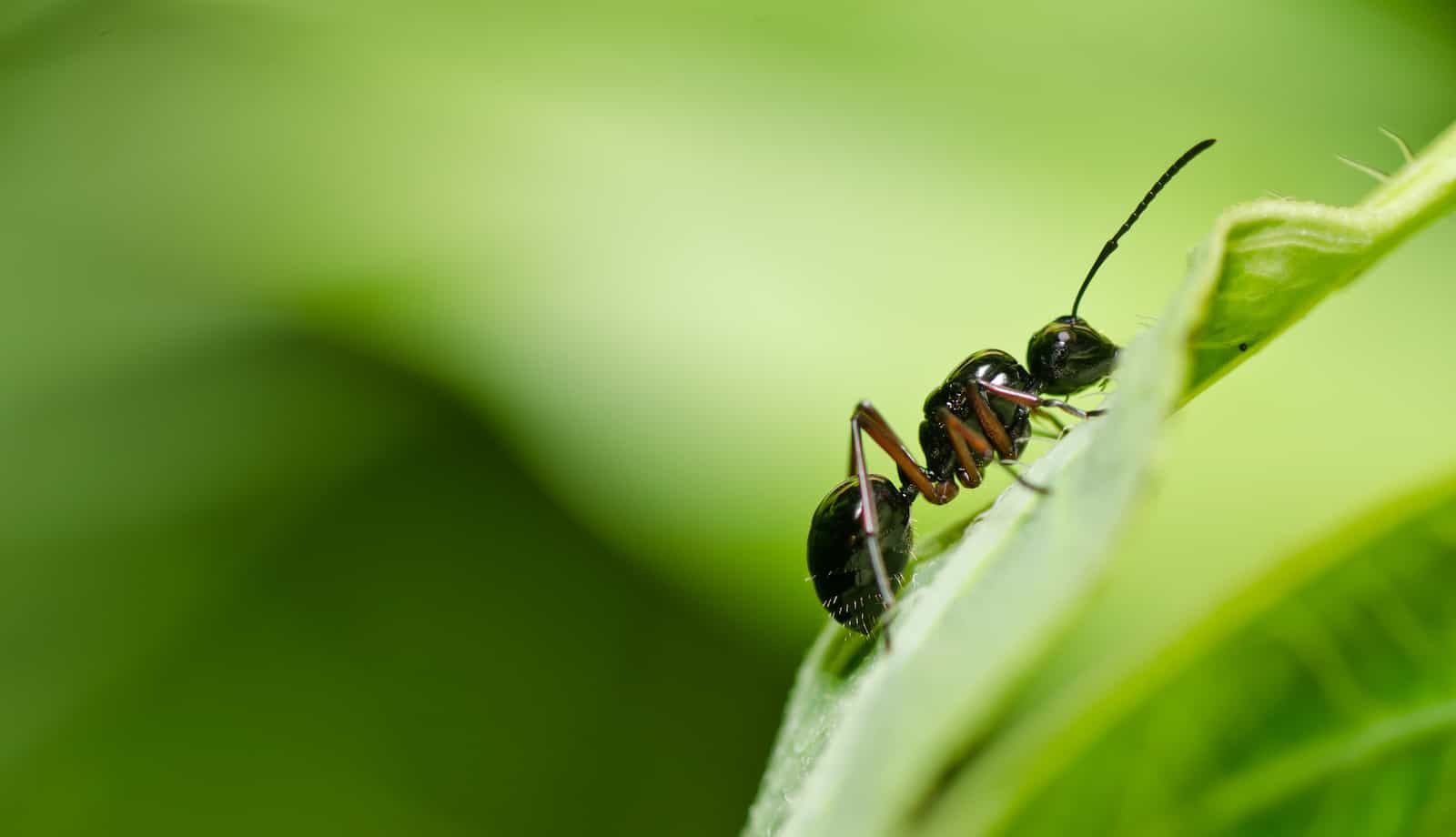
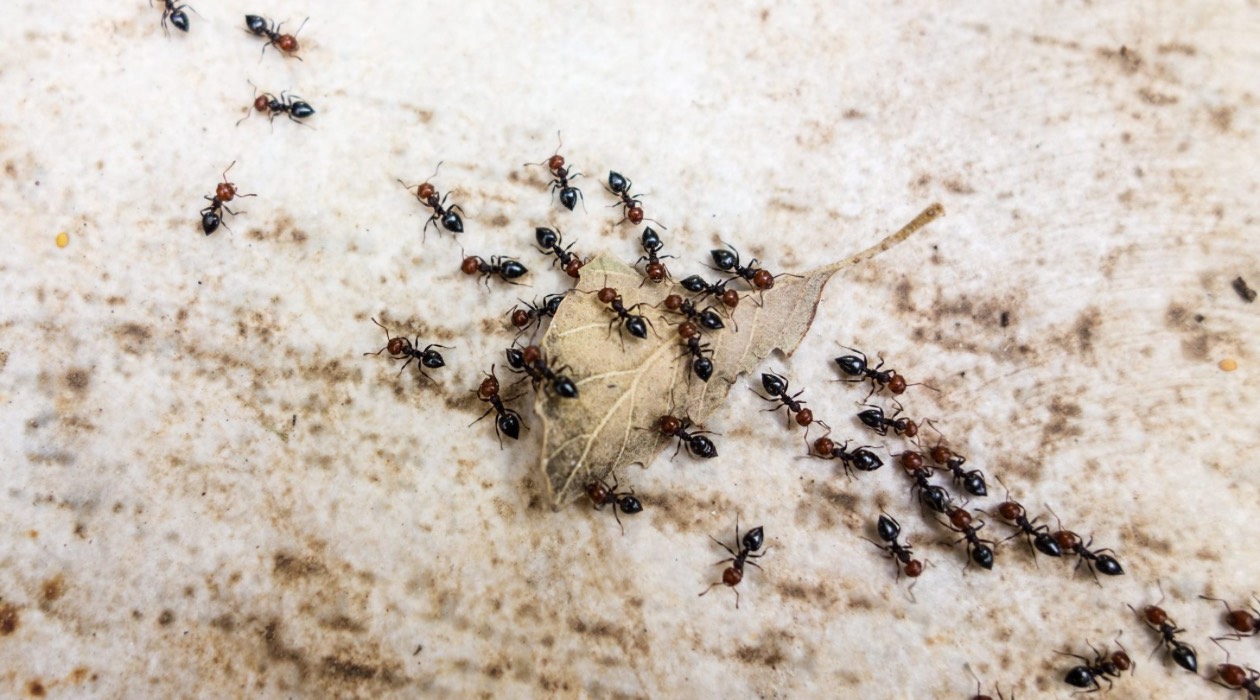

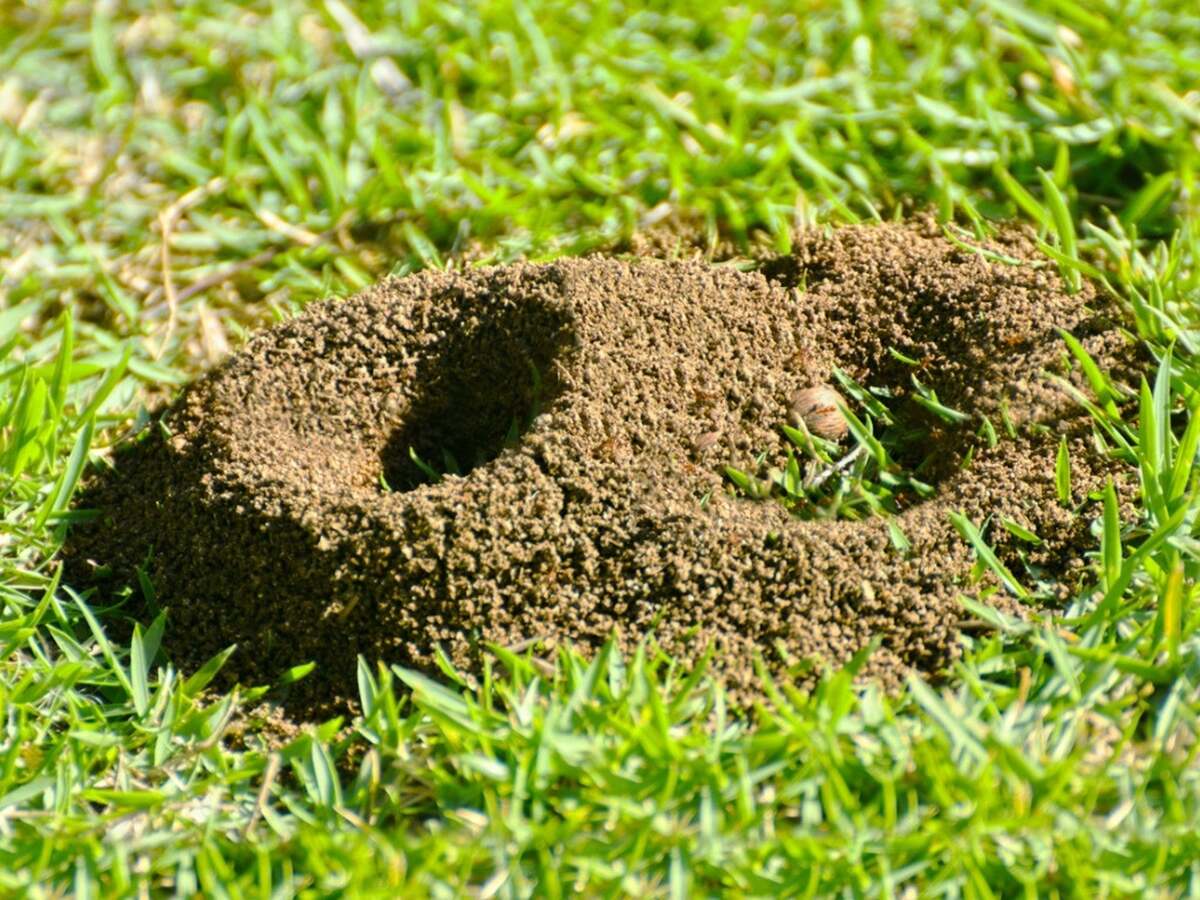
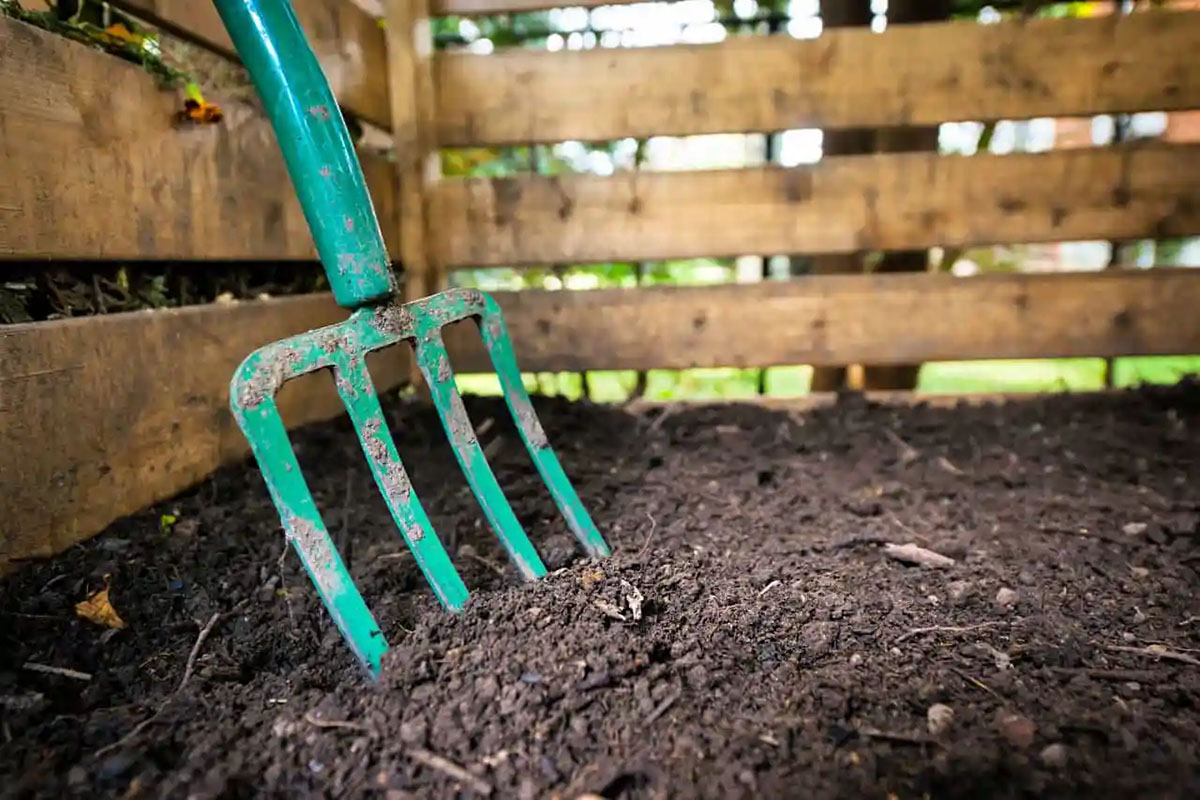
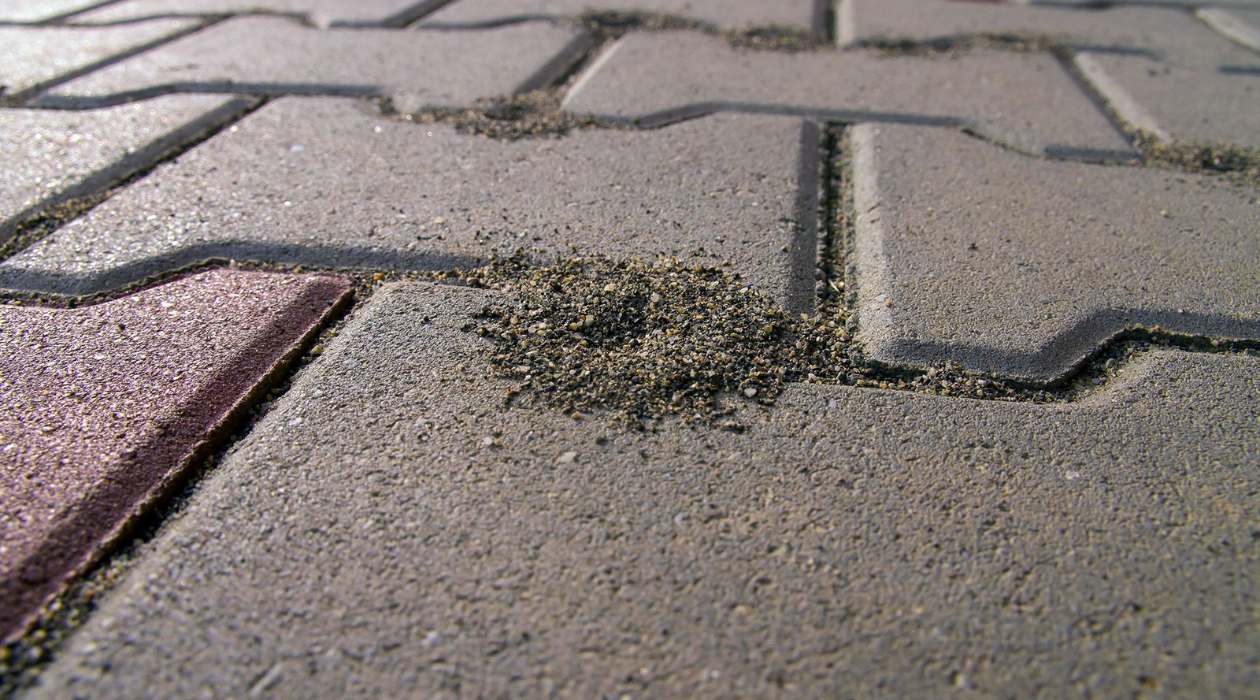
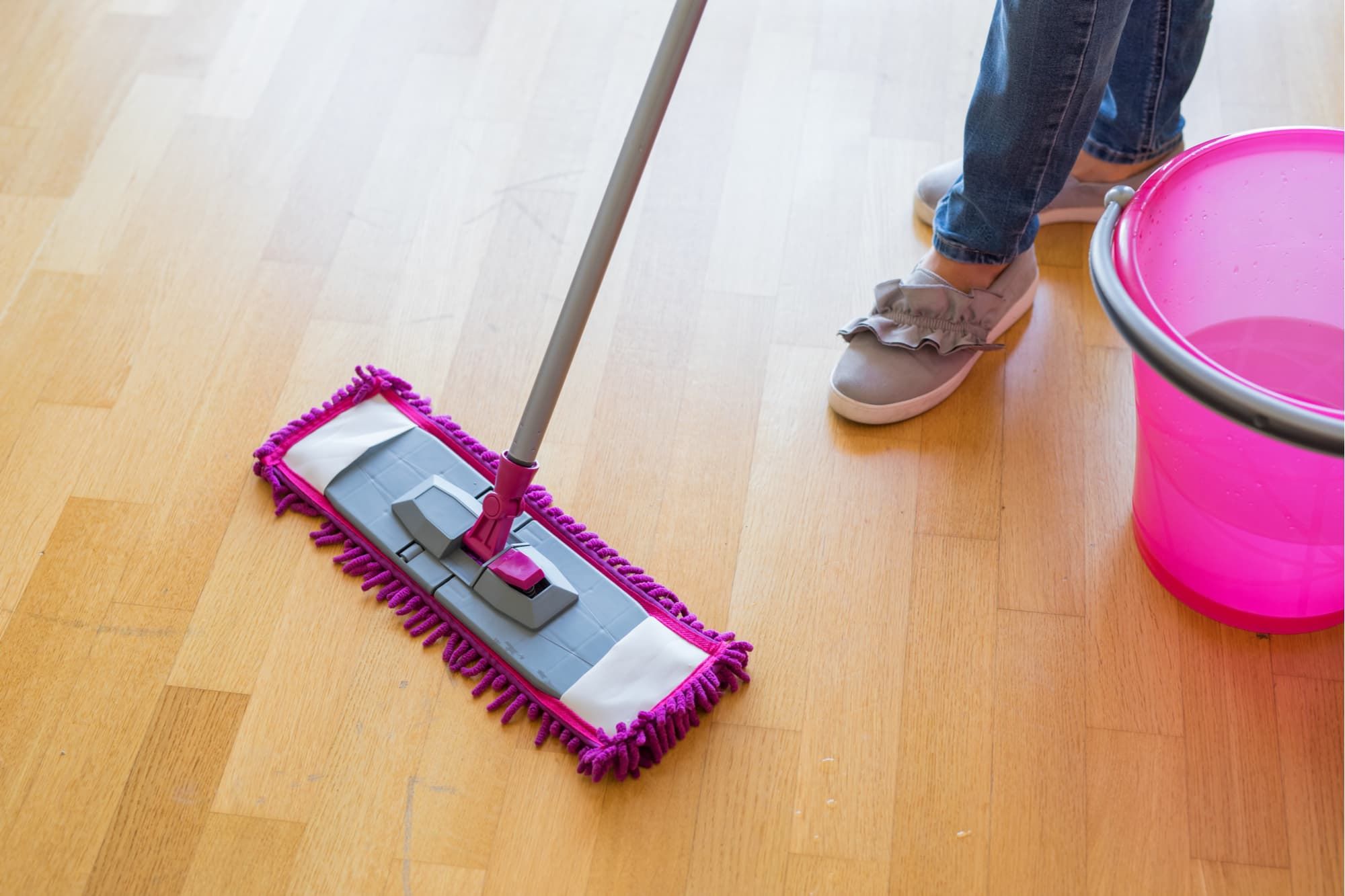
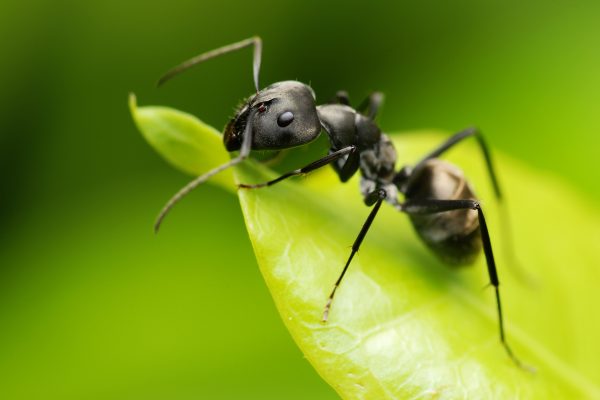
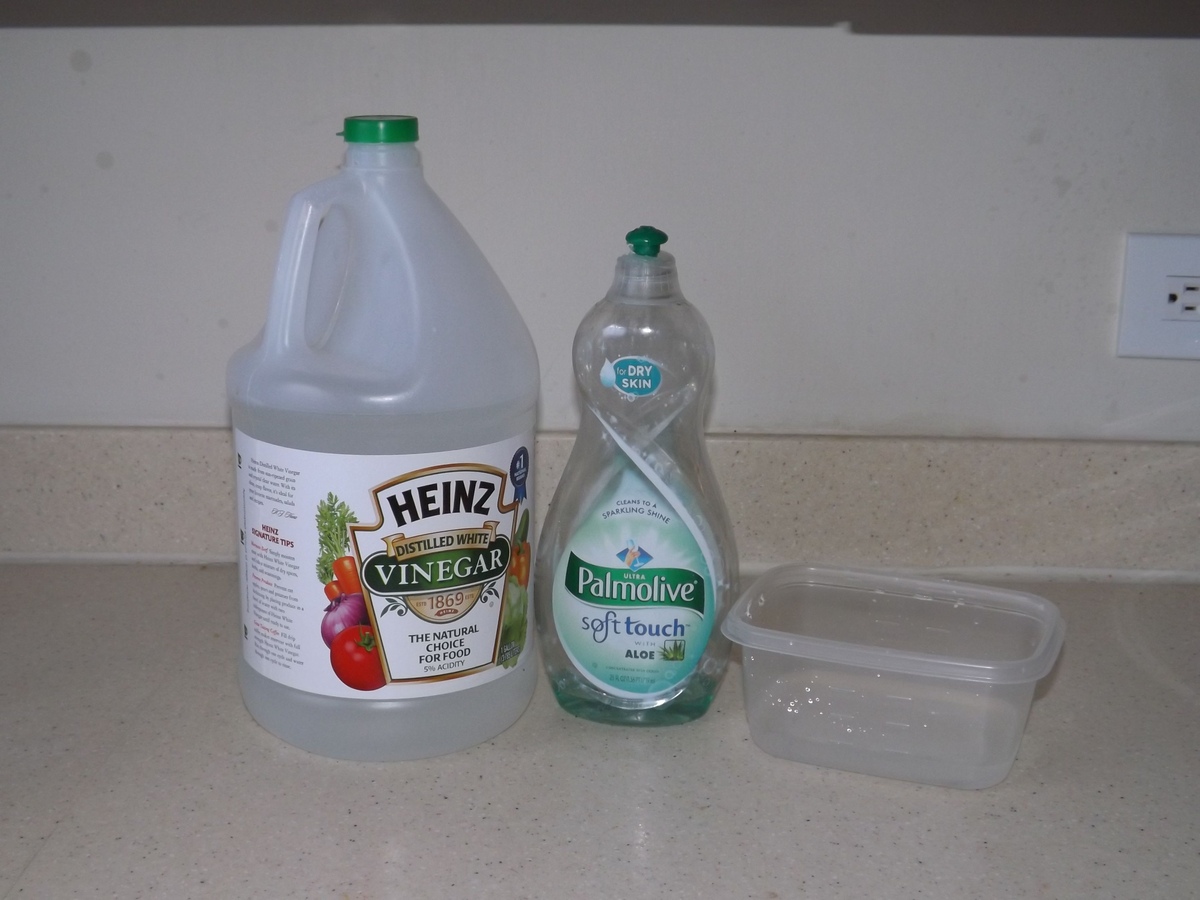
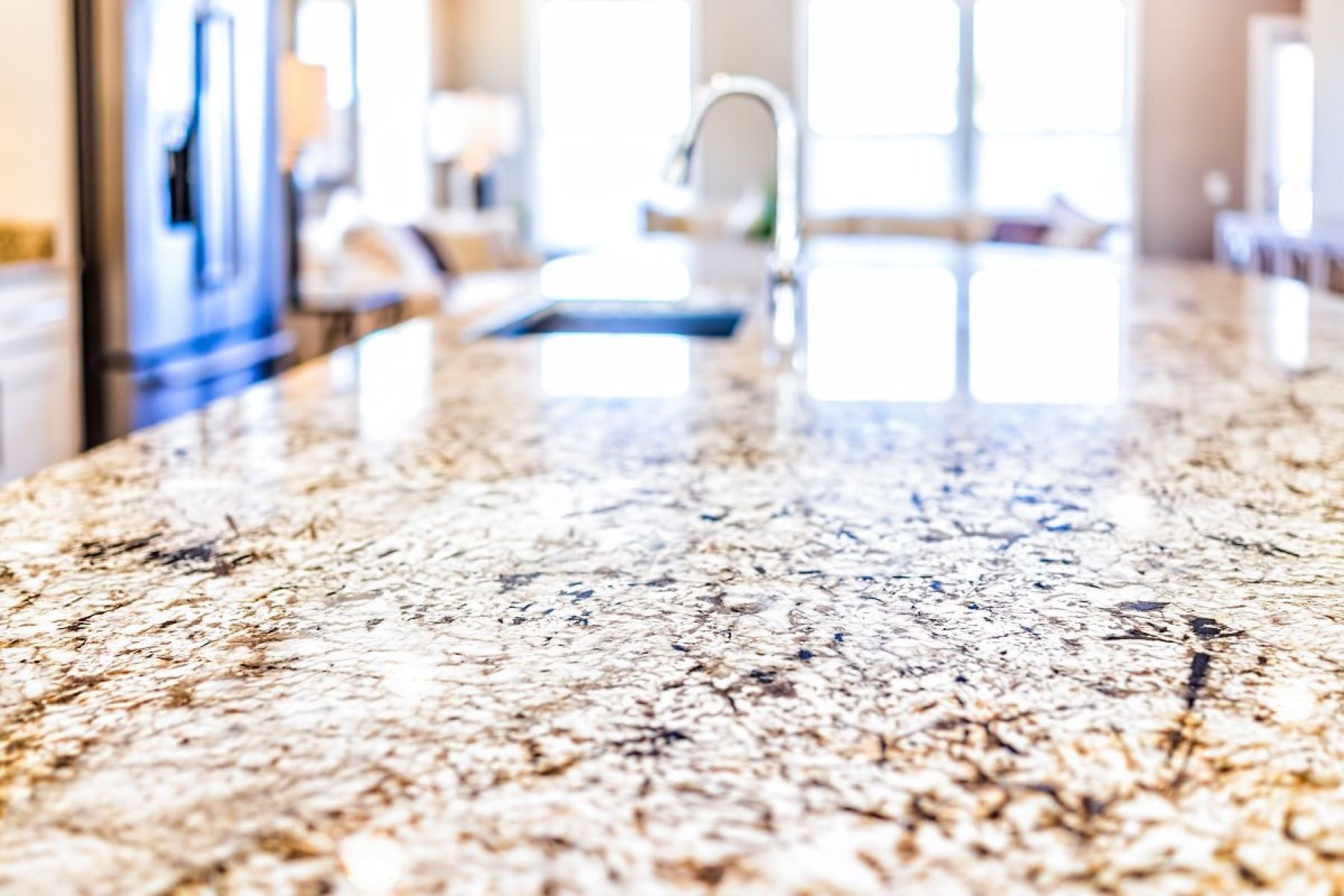
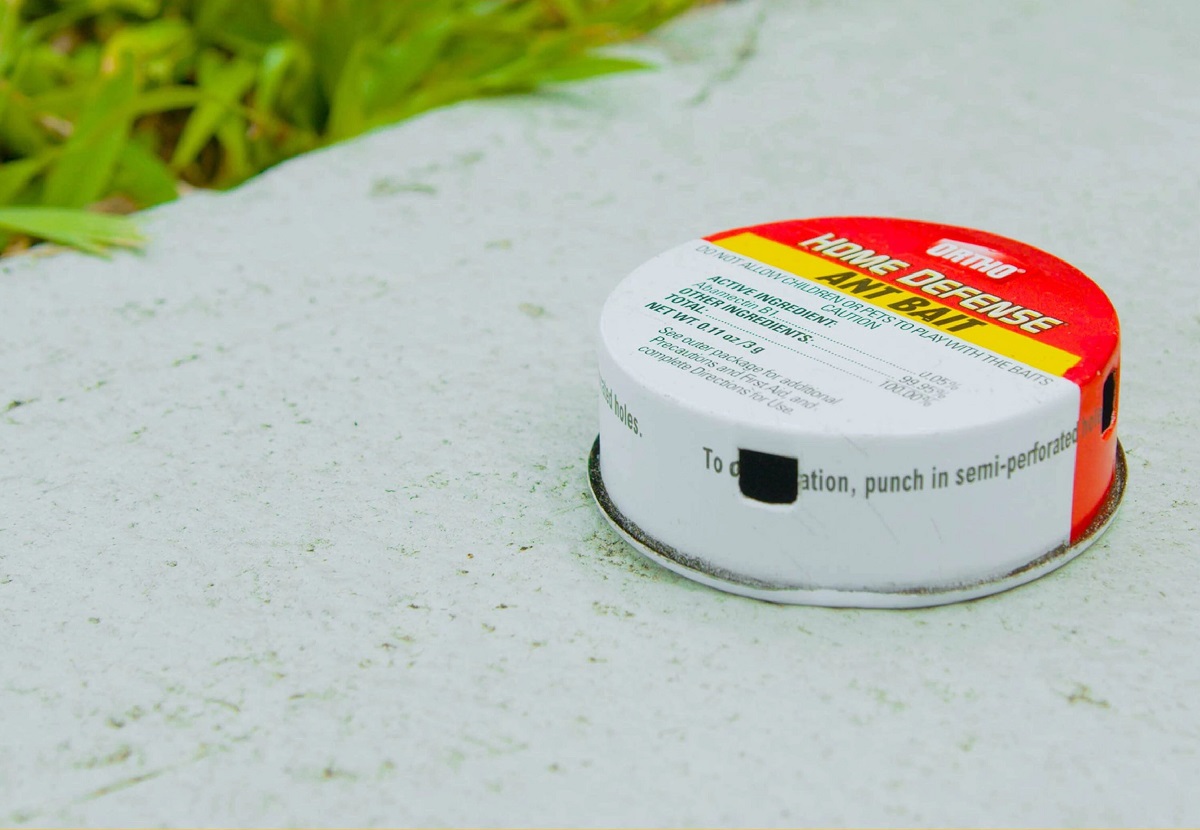

0 thoughts on “How To Get Rid Of Ants On Kitchen Countertops”